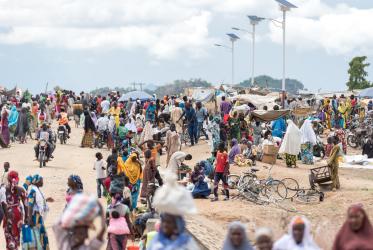Displaying 1 - 20 of 197
Compendium of Promising Practices of African Faith Community Interventions against Paediatric and Adolescent HIV
Executive Summary
23 March 2024
On World AIDS Day, focus on how churches can “Let Communities Lead!”
01 December 2023
Recommended Practices to Combat HIV-Related Stigma
A Guidebook for Local Faith Communities
05 October 2023
In wake of floods in Brazil, WCC expresses concern and solidarity
09 September 2023


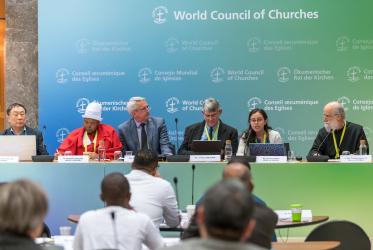


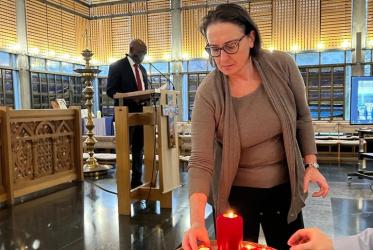

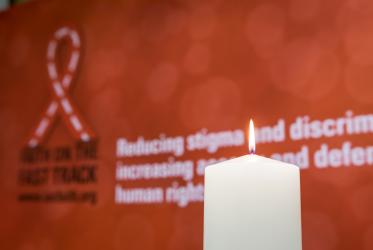
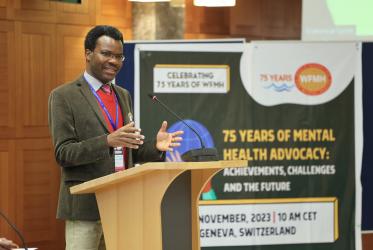


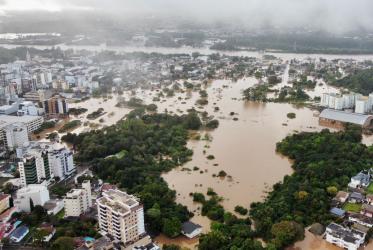


![Image[1].jpeg](/sites/default/files/styles/teaser/public/photoshelterCopy/Image%5B1%5D.jpeg?h=44590859&itok=LMAXVRC6)
